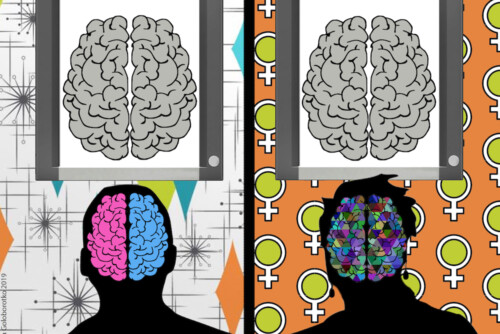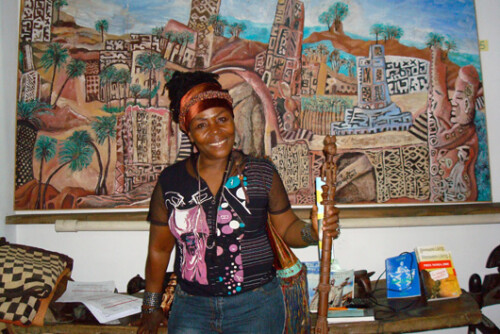And the final piece I’d like to interject into this notion of “Globalized Motherhood” is that, as the women of the highly-developed world struggle to work very hard and try to have children, and are still disproportionately responsible for the domestic side of life, they are importing women from all around the world to take care of these domestic tasks.
So the third piece I would like to suggest is the global traveling of women to do nanny work for other women. Both Debora [Spar] and Lori [Andrews] have talked about many, many of the questions that we have about all this stuff.
And we could go all day just listing the questions this raises, much less even ever getting to talk about any of them, but I think the implications for women, for their health, for their relationship to themselves in terms of body bits, include things like this: how are you relating to yourself as a producer of eggs? As a uterus? As a purchaser of somebody else’s eggs or uterus? As a provider of genetic material? I mean, these are really weird questions that need to be thought through.
How are you relating to yourself in terms of gender roles? What does it mean to be so eager to have “your own baby,” that you are going to have a whole bunch of other people’s genetic and gestational services? What does it mean? What are we even talking about?
What does it mean for the babies? A lot of these questions have been raised—about identity, about commodity, about citizenship. There’s been a lot of pushback from the Korean girls who are adopted here, and are now back in Korea, angry and looking for their birth mothers.
We have yet to see what’s going to happen for these very complicated heritage children that we’re talking about now, with the use of these technologies. And also, let me just say that in the adoption setting, some of the sending countries are now very keen to get remittances from those grown-up children who have been sent to wealthier lands, and are now able to produce monies.
What does it mean for countries? Lori [Andrews] talked about the lack of regulation we have in the United States, and contrasted it with a more regulatory system in the U.K. Nowadays, people travel. They travel; they use the Internet. And our ability to maintain our own regulatory schema—whoever “we” are, whatever country “we” are—are really, really tested. So it becomes, I think, really tough for us to think about, and really tough to figure out what kinds of policies we would even like to advocate.



